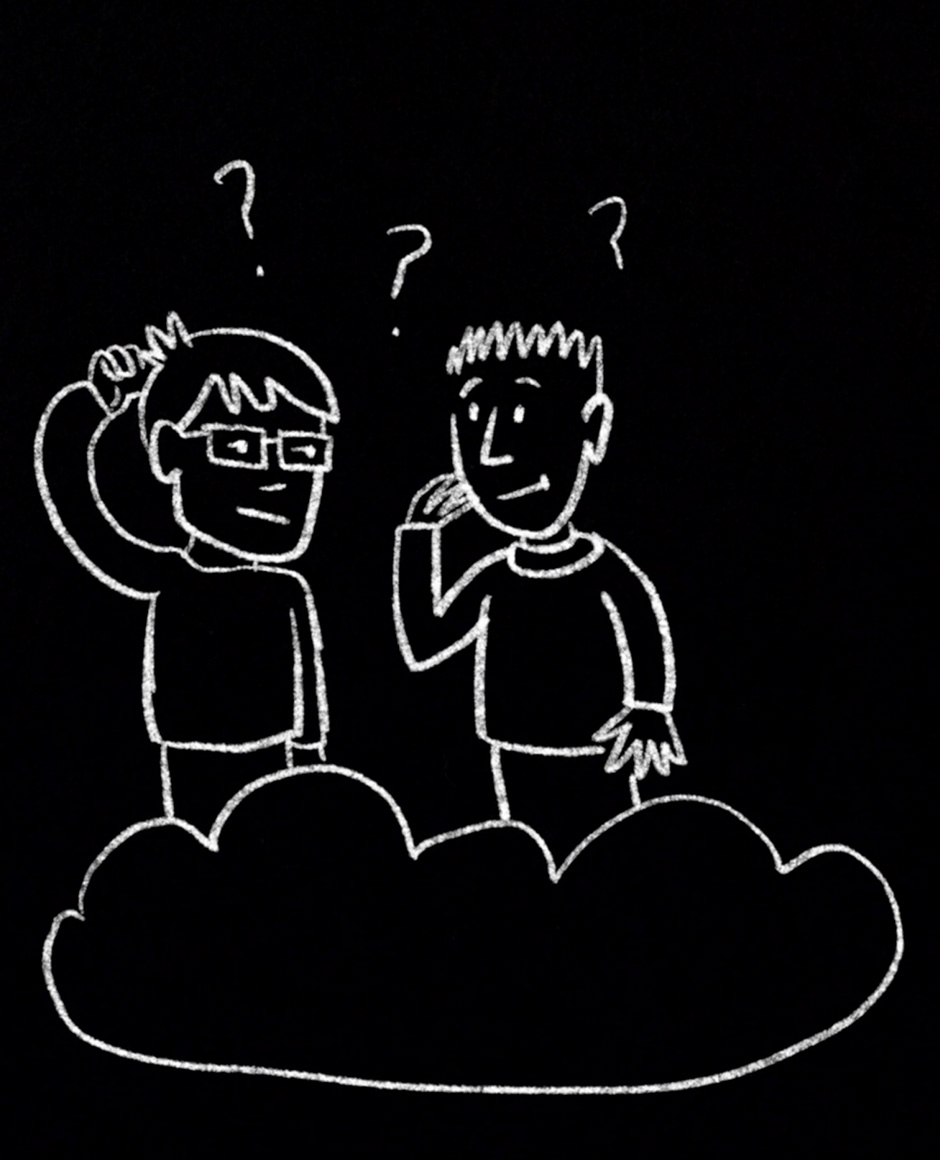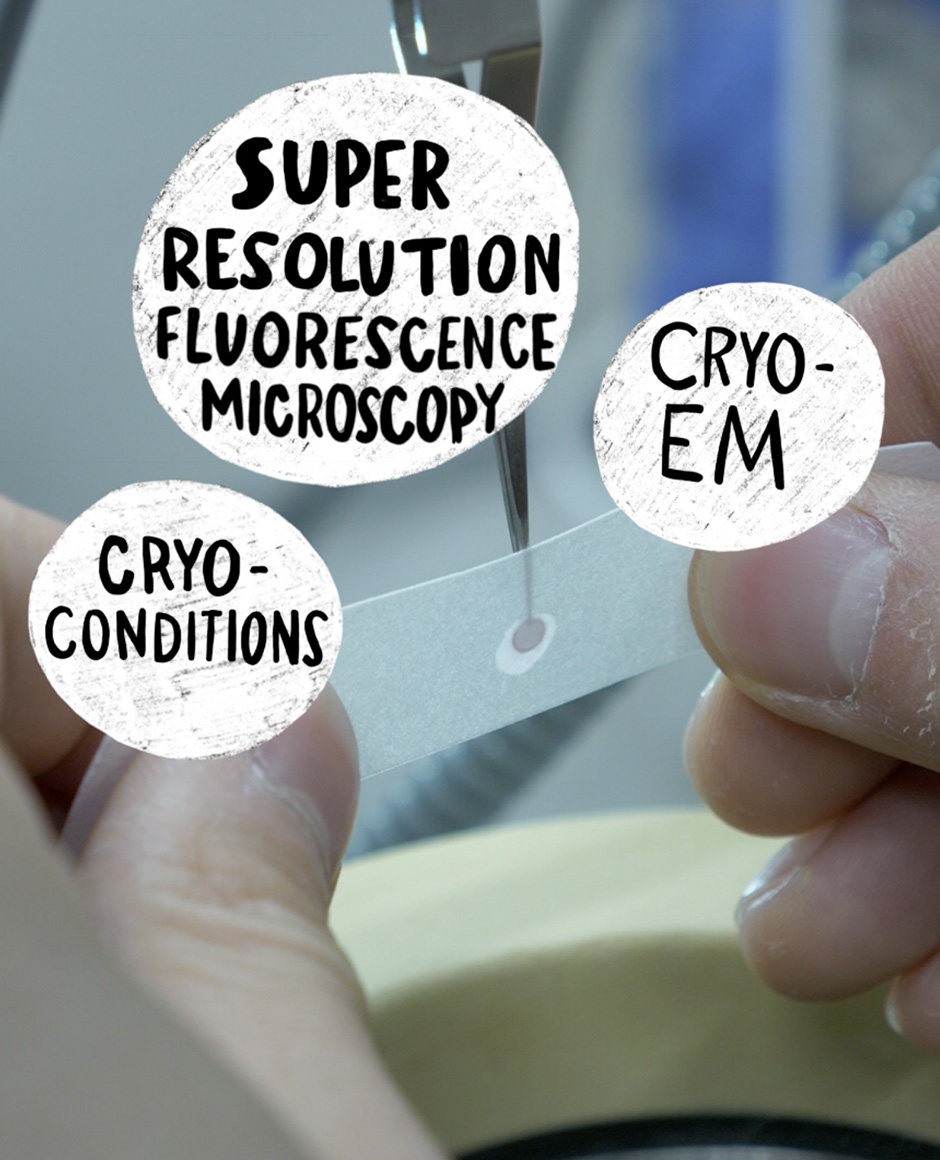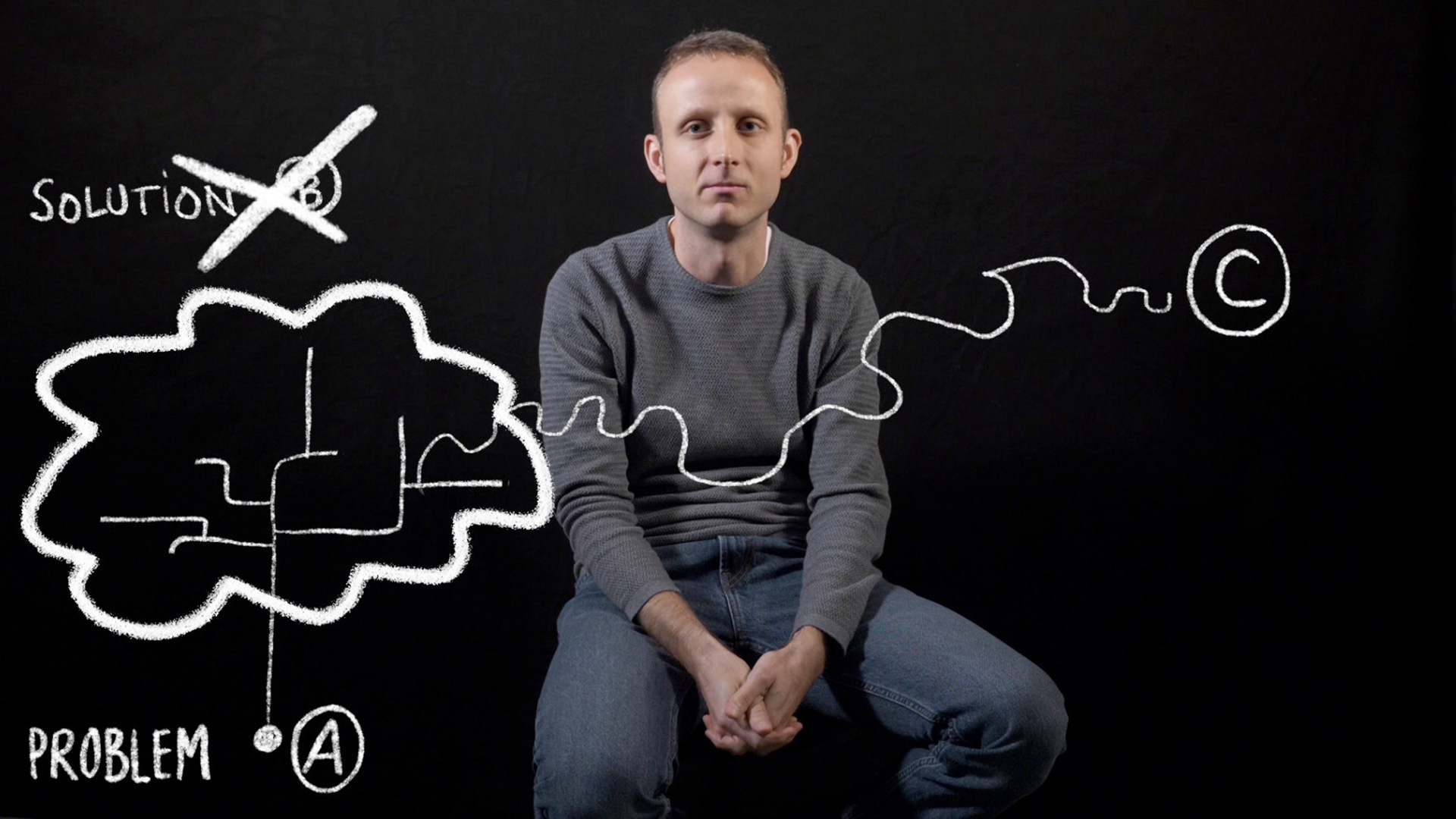
Part 03 – Distorted View on Science
Science doesn’t always go in straight lines
Everybody working as a researcher for a little while knows that scientific projects often don’t go in a straight line exactly according to the original plan. Often we discover new obstacles or completely unexpected findings on the way with which we have to deal first before being able to work again towards a solution for the original problem. This shouldn’t be surprising if you are leaving the well-known territory and step into the unknown. And sometimes, these new problems and unexpected findings are actually much more interesting. They form an important driver for innovation and scientific breakthroughs. Looking at it from this perspective, one would assume that this is the “normal” way of science and that it is also essential for scientific progress to allow for these unexpected things to happen.
The problem with this is rather in how doing research and scientific results are communicated. This concerns scientific publications as well as the communication of science to the wider public. It is of course understandable that we do want to present our work in the best possible way. And it would also not make publications easier to read if we would include all the “irrelevant” stuff that has happened on the side; that didn’t work out, but were we also haven’t found out why; and everything else that doesn’t fit into a coherent “story”. In the same way, when we are communicating our new findings to the public (who is funding a lot of our science through taxpayers money), we don’t want to create the impression that some new discoveries happened by chance or that there is a lot of trial and error and hence a lot that is not working.
However, this creates two problems:
- Young researches often start with an over-idealistic and maybe unrealistic perception of science into their careers. This can lead to a lot of unnecessary frustration.
- By communicating science as we do, we create a lot of pressure that is put onto ourselves for showing high productivity and constant (plannable) scientific output.
This episode focuses on the first point (the second one concerning productivity vs. scientific breakthroughs, will be the topic of a future episode). One of the best sources of how to deal with the fact that science is not always going in a straight line is in my opinion a TED talk by Uri Alon. He introduces a concept that he calls “the cloud”.


I won’t explain this here again. I highly recommend to watch Uri Alon’s TED talk. He is also mentioning “the cloud” in a publication that is focusing on a related topic: How to choose a good scientific problem. This is also definitely worth a read. Particularly the “feasibility-interest diagram”, in which he plots the potential gain in knowledge of a project against its feasibility, can be quite helpful in checking whether certain project ideas make sense at all and in which time frame they can be done (i.e. for which career level they are suitable).
Coming back to the above mentioned problem 1) of young scientists who often feel quite frustrated when being confronted with the scientific reality, accepting and communicating that “the cloud” is part of the normal way of science can help a lot. This is something that is basically in our own hands, particularly the hands of the PI. It is important to create an environment that nurtures this concept by being supportive and helping to stay creative, even when it seems that someone is totally stuck or lost somewhere in “the cloud”. The topic of the previous episode was already focusing on the culture within the lab/group. The current topic shows again the importance of an open, collaborative and creative environment for doing research.
I won’t explain this here again. I highly recommend to watch Uri Alon’s TED talk. He is also mentioning “the cloud” in a publication that is focusing on a related topic: How to choose a good scientific problem. This is also definitely worth a read. Particularly the “feasibility-interest diagram”, in which he plots the potential gain in knowledge of a project against its feasibility, can be quite helpful in checking whether certain project ideas make sense at all and in which time frame they can be done (i.e. for which career level they are suitable).
Coming back to the above mentioned problem 1) of young scientists who often feel quite frustrated when being confronted with the scientific reality, accepting and communicating that “the cloud” is part of the normal way of science can help a lot. This is something that is basically in our own hands, particularly the hands of the PI. It is important to create an environment that nurtures this concept by being supportive and helping to stay creative, even when it seems that someone is totally stuck or lost somewhere in “the cloud”. The topic of the previous episode was already focusing on the culture within the lab/group. The current topic shows again the importance of an open, collaborative and creative environment for doing research.

As this reality of science is typically not widely communicated, it is important that we communicate this to young researcher who are just starting. Of course, it would also be helpful here, if the image that was communicated to the wider public would already have been more realistic. This image forms the basis of how we imagine science would be when starting as a student at the university. Typically, we are only faced with the reality of working as a scientist when actually starting to work in a research group. And often this insight might come relatively late, depending on how your first (typically small and well defined) research projects were going. Maybe a start for communicating that science doesn’t always go in straight lines, that it involves lots of trial and error and readjustment, and that we sometimes get stuck in “the cloud”, would be at the level of undergraduate students. It would be an easier task then communicating this to the wider public and it could be more focused and concentrated for an audience with some basic understanding of science and in which a large part is actually interested in pursuing a scientific career.
What is your experience with scientific projects that were not going as planned? What support do you get from your environment (your group, research institution, fellowship program etc.)? What would be nice to have?


In the individual episodes and blog entries, I will share my experiences and discuss different topics, which are concerning us in our everyday lives as scientists. Join the discussion, share your opinions and help to solve issues in our scientific culture.

